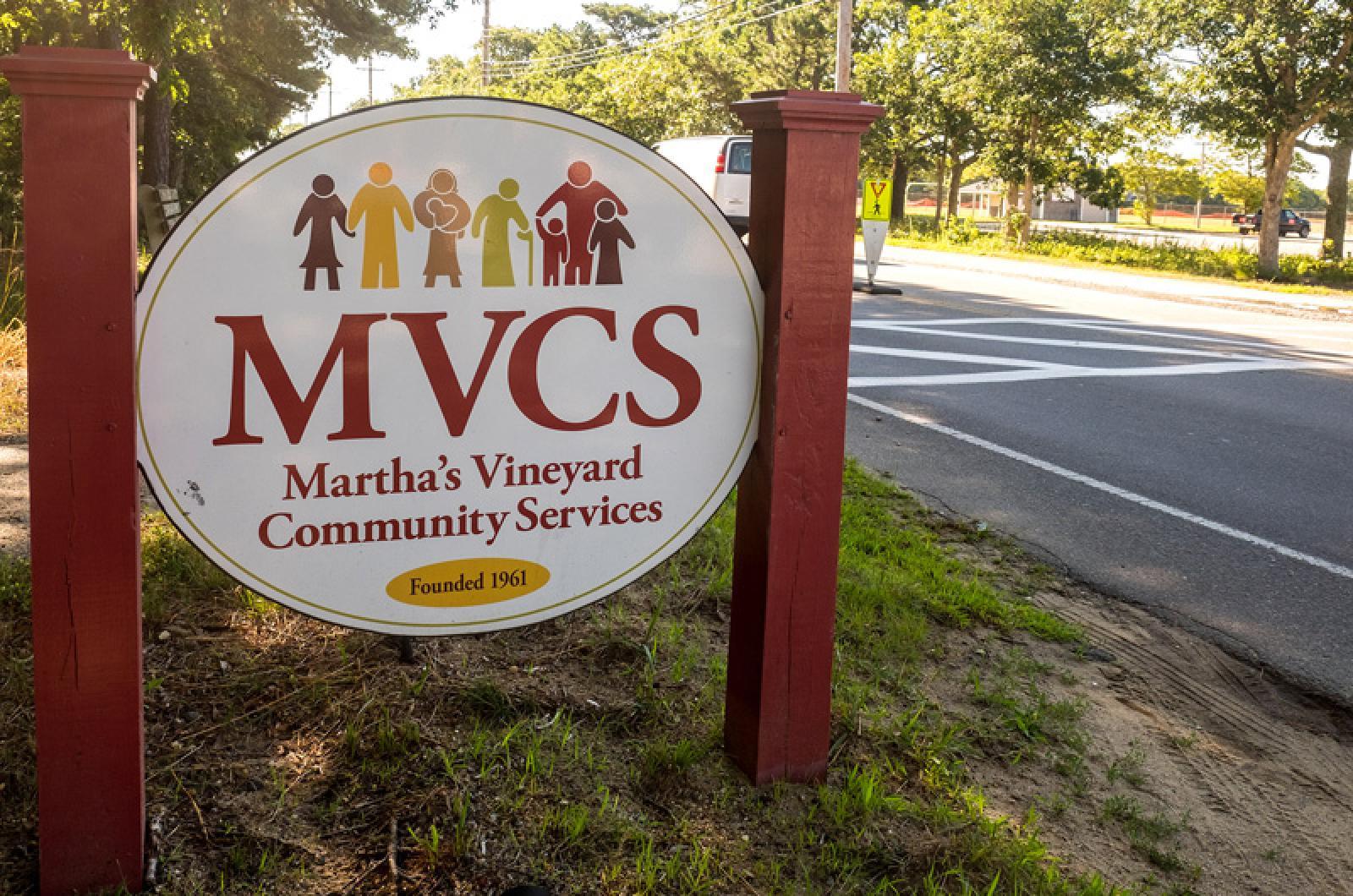Boards of health across the Vineyard are considering using federal opioid settlements to fund an Islandwide substance use disorder coordinator position.
The settlements, which collectively total just under $1 million and are being distributed incrementally to each town until 2038, are from several of pharmaceutical companies and distributors being sued by Massachusetts and other states for their roles in the country’s opioid epidemic. Municipalities have been instructed to use the funds to support substance abuse treatment and prevention services.
The substance use disorder coordinator position is employed by Martha’s Vineyard Community Services and has historically been funded by free cash – the money left over at the end of a fiscal year. But the position is currently vacant, said Dukes County manager Martina Thornton, and it has been difficult to recruit someone to fill it.
“Unfortunately, the person filling it most recently had to leave the Island,” said Ms. Thornton. “Community Services has been temporarily filling the role, but maybe not to the fullest extent…. Now, though, we have confirmed that the position could be appropriately funded by the opioid settlement funds.”
The Vineyard confirmed six opioid overdose-related deaths in 2022 — one of the highest numbers recorded in the last decade, second only to seven deaths in 2015.
It can be difficult to document the full extent of the opioid crisis on the Island due to the wide availability of Naloxone, commonly known as Narcan, which is used to reverse an overdose, said Elizabeth Folcarelli, Community Services’ chief executive officer.
“Thankfully, overdoses are often preventable with Narcan,” she said. “But unfortunately, we are losing sight of some of the data since many of these instances happen in people’s homes…. But we know this is a very significant problem, and we need services for people who are struggling or recovering.”
The substance use disorder coordinator oversees Community Services’ substance use disorder coalition. The coalition meets routinely to create and maintain recovery programs, coordinate with health experts and organize member outreach services, said Ms. Folcarelli.
Funding the position with the federal opioid settlements would give the coalition long-term security, added Community Services’ senior director of administration, Jared Andrews, who is also serving as interim substance use disorder coordinator.
“This position helps us keep a finger on the pulse of the community,” he said. “We need to keep with the times and ensure that we have knowledge of the resources most-needed by people and their families affected by [the opioid crisis].”
Boards of health in four towns — Oak Bluffs, Tisbury, Chilmark and West Tisbury — voted to pool the Island’s settlements to finance the position.
“This is a needed role, obviously… and this way, hopefully the opioid abatement funds can cover it and the towns won’t have to pay for it themselves,” said Garrett Albiston, health agent of the Oak Bluffs board of health, during its meeting Tuesday.
Edgartown’s board of health has yet to weigh in, but plans to cast its vote at an all-Island board of health meeting on Jan. 11, said its health agent Connor Downing.
Marina Lent, health agent of Aquinnah’s board of health, said that the board is in favor of combining the settlements to support the position, but still needs to take a formal vote.
“This is a very important position, and if this goes through, we plan to make sure that there is direct up-Island and tribal involvement,” said Ms. Lent.
If approved by Edgartown and Aquinnah, the proposition will still need approval from each town’s select board and residents at annual town meetings, said Ms. Thornton.






Comments (1)
Comments
Comment policy »